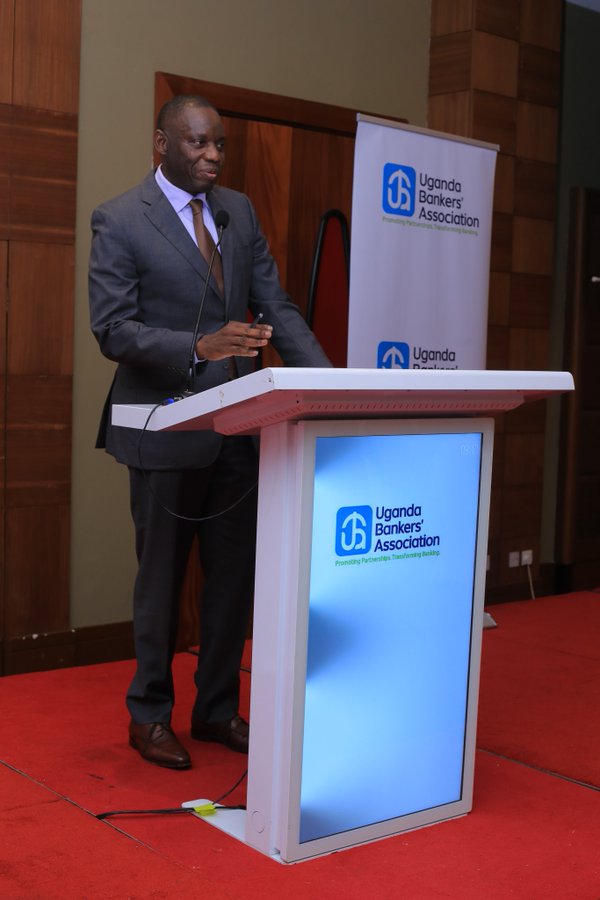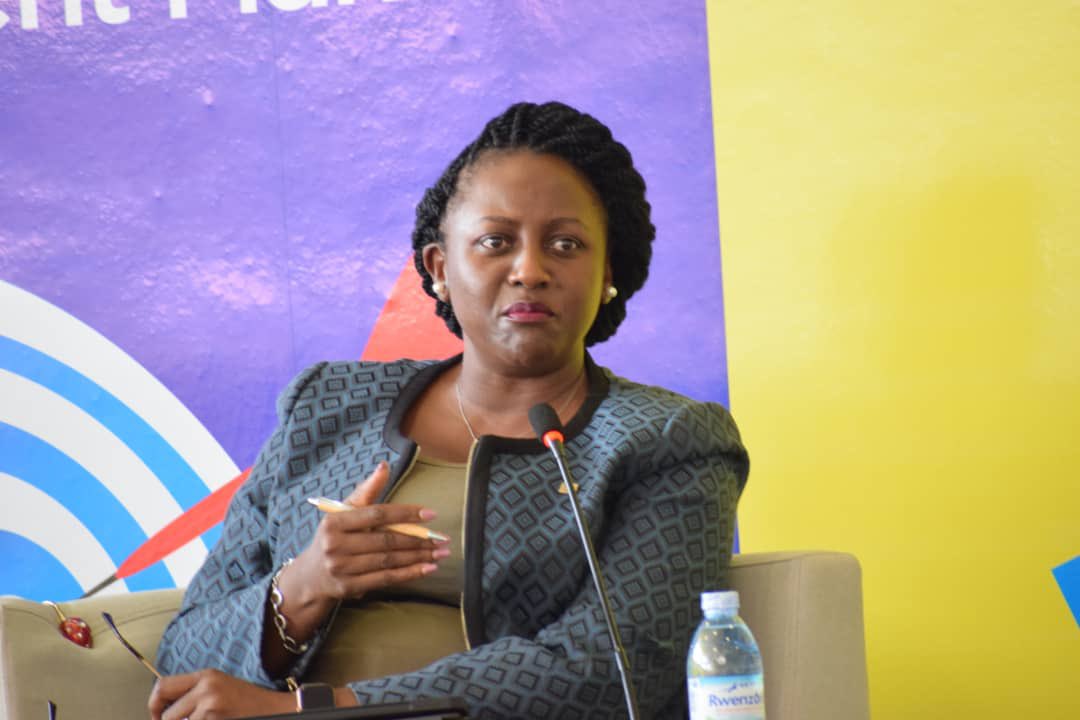The Deputy Governor of the Central Bank, Mr. Michael Atingi-Ego, has unequivocally highlighted the pervasive nature of fraud within the banking industry, emphasizing its corrosive effect on public trust.
While speaking during the launch of the Banking Industry Guidelines for Mitigation of Fraud & the Revised Code of Conduct on Tuesday, Mr. Atingi-Ego noted that the banking sector, which is interwoven and changing quickly, is essential to both economic stability and prosperity. But even in the midst of its vital function in enabling transactions and protecting assets, the threat of fraud remains large, raising questions about the reliability of financial institutions and undermining public confidence.
The Deputy Governor emphasized the urgent need for vigilant action to prevent fraud in the banking sector and urged all parties involved to collaborate on a code to stop the vice of fraud, which is harming Uganda’s banking sector’s reputation.
“The banking sector has long been plagued by the lingering threat of fraud, a blemish on its standing that gradually erodes public confidence. This threat can appear in many forms, from insider and outsider criminal activity to complex plans planned by outside parties. Fundamentally, banking fraud attacks the confidence that is the cornerstone of the sector. Clients entrust financial institutions with the responsibility of protecting their hard-earned investments. However, when fraud appears, it undermines this confidence, making people feel deceived and vulnerable to abuse,” he said.
The Deputy Governor stressed a comprehensive approach to tackling the complex issue of banking fraud, saying, “We must educate citizens on emerging digital threats; we must enforce oversight mechanisms to high standards; and we must collaborate between banks to track ever-evolving fraud types.”
This emphasized how preventive actions are required to effectively address the ever-evolving nature of fraudulent activities. These actions include strong educational initiatives, strict regulatory control, and cross-institutional cooperation.
In addition, he stressed how important it is for leaders to foster an environment of honesty and responsibility within their organizations, saying that “leaders should ensure accountability at all levels of the organization and demonstrate integrity through their own actions.”
Additionally, the Deputy Governor expressed support for the creation of “speak-up” mechanisms and whistleblower protections, saying that these mechanisms “empower people to voice concerns so issues can surface early before harm is done. And most crucially, we must lead by example, holding ourselves up to the highest benchmarks of transparency, integrity, and accountability.”
Last year, in response to the escalating threat of fraud within the digital financial landscape, a forum convened by Stanbic Bank identified the necessity of a collaborative approach. As a way of combating fraud threats, participants from the banking industry unanimously agreed to establish a fraud-sharing platform aimed at exchanging information and implementing best practices for fraud management.
Meanwhile, at the event, two important frameworks for Uganda’s banking industry—the Banking Industry Guidelines on Mitigation of Fraud (BIGF) and the revised Code of Conduct (COC)—were launched.
Do you have a story in your community or an opinion to share with us: Email us at Submit an Article









